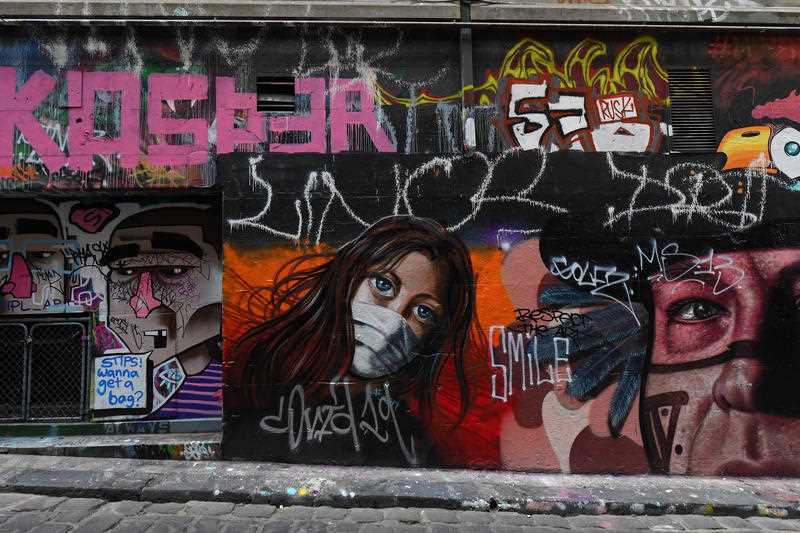Around 20 per cent of Australians admit they risked working while having COVID-19 symptoms in order to make ends meet.
The Australia Institute surveyed 1000 people nationwide in February, with 19 per cent admitting they left their homes “to the detriment of their own health and the health of their colleagues and the broader community”.
That percentage was higher among young employees (29 per cent), who feared they couldn’t work from home, even while sick with the virus, in order to keep their jobs.
The Australia Institute’s Centre for Future Work director Jim Stanford said millions of workers had either used up their paid sick leave or were not entitled to sick pay.
“There is no doubt this has contributed to the epidemic of people attending work with possible COVID symptoms,” he said.
More than a third of employed Australians have no access to statutory paid sick leave entitlements, including casual and self-employed workers.
The researchers called for governments to expand sick pay entitlements to cover all workers, including those in casual employment and the self-employed.
New research also revealed pandemic lockdowns and restrictions adversely affected children and young people, with a rise in self-harm cases admitted to hospitals.
The authors of a study, published in the medical journal JAMA Network Open, found a marked increase in paediatric intensive care unit admissions following deliberate self-harm.
Of the 813 patients aged 12 to 17 analysed between January 2015 and June 2021, 230 were admitted during the first 15 months of the pandemic from April 2020 to June 2021.
“At the onset of the pandemic, monthly incidence of (deliberate self-harm) ICU admissions per million children and adolescents increased from 7.2 admissions in March 2020 to a peak of 11.4 admissions by August 2020,” said the authors.
This was considered a “significant” disruption to regular pre-pandemic trends.
Monash Children’s Hospital pediatric ICU director Felix Oberender said the numbers were concerning.
“In 2020, I think many of us comforted ourselves thinking at least the kids are OK,” he said.
“What we’re seeing now in 2022 is a broad acknowledgement, in fact, that they’re not OK.”
By Farid Farid in Sydney, AAP
Lifeline 13 11 14
Kids Helpline 1800 55 1800 (for people aged 5 to 25)



